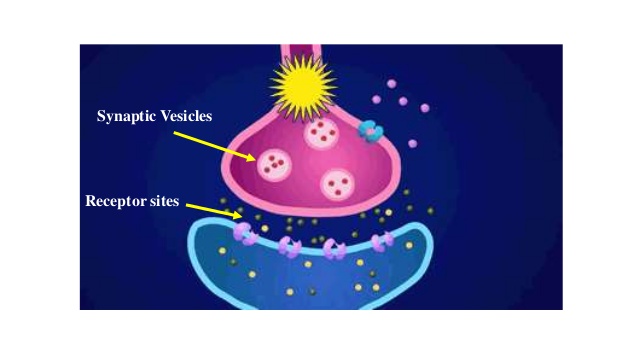Neonicotinoid insecticides are described as poor agonists of mammalian nicotinic ACh receptors. In this paper, we show that their effects on mammalian nicotinic receptors differ between compounds.
Two‐electrode voltage‐clamp electrophysiology was used to characterize the pharmacology of three neonicotinoid insecticides on nicotinic α7 receptors expressed in Xenopus oocytes. Single and combined application of clothianidin, acetamiprid and thiamethoxam were tested. Two neonicotinoid insecticides, clothianidin and acetamiprid, were partial agonists of mammalian neuronal α7 nicotinic receptors, whereas another neonicotinoid insecticide, thiamethoxam, which is converted to clothianidin in insect and plant tissues, had no effect. Pretreatment with clothianidin and acetamiprid (10 μM) ACh significantly enhanced the subsequent currents evoked by ACh (100 μM ) whereas pretreatment with thiamethoxam (10 μM) reduced ACh‐induced current amplitudes.A combination of the three neonicotinoids decreased the ACh‐evoked currents. The present findings suggest that neonicotinoid insecticides differ markedly in their direct effects on mammalian α7 nicotinic ACh receptors and can also modulate ACh‐induced currents. Furthermore, our data indicate a previously unknown modulation of mammalian α7 nicotinic receptors by a combination of clothianidin, acetamiprid and thiamethoxam.
Source:
Alison Cartereau et al. Br J Pharmacol. First published: 29 August 2017 https://doi.org/10.1111/bph.14018
https://bpspubs.onlinelibrary.wiley.com/doi/abs/10.1111/bph.14018

- Login om te reageren
